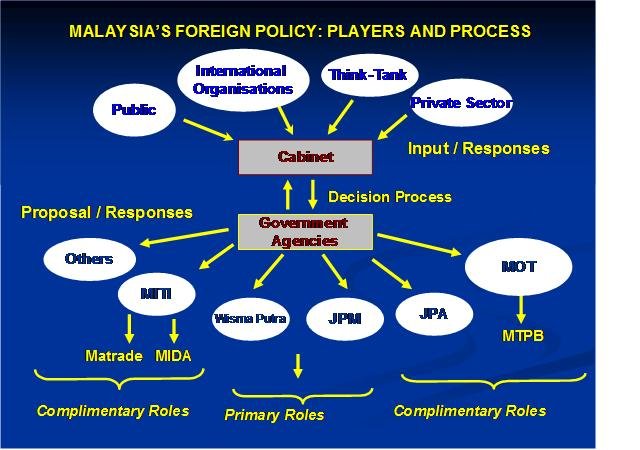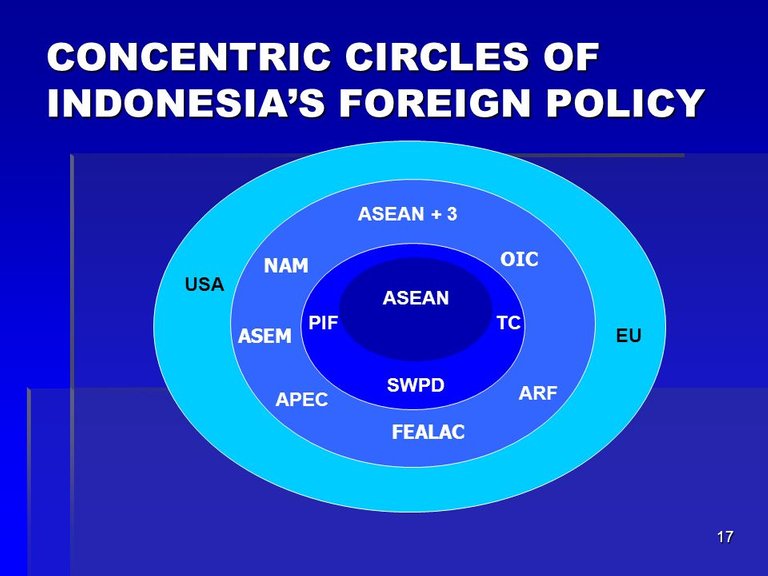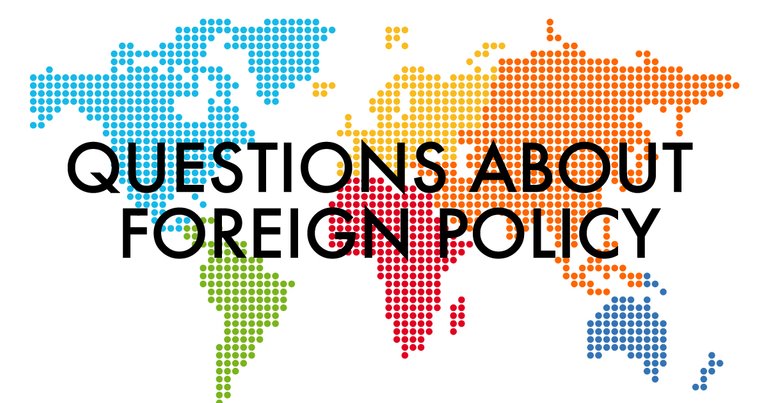The importance of Islam in Malaysian and Indonesian foreign policies
This research will be covered only Malaysian and Indonesian foreign policies.
After First Part
Abdullah government established SEARCCT in 2004 and in 2008 it greatly tried to rectify the negative image of Islam in the eye of west by engaging in dialogue with western leaders and regional organizations. He also argued the importance of a centre for conflict resolution for peace and emphasized the religious scholars’ role in condemning militant groups’ interpretation of Islam. His perception was Islam Hadhari which demonstrates that quest for material progress, economic development and nationalism is not contradictory with the teachings of Islam. His motive was to successfully unite Malay community and non-Malays. Abdullah promoted the idea both in Malaysia and in international forums and there were two reasons behind this promotion (Huntington, 1996). One is the desire for improving the image of Muslim countries which are suffered from global terrorism. Second is to promote Malaysia as a model of modernity and religious pluralism. By articulating a moderate theory of Islam the idea was accepted as a significant contributor as it helps to develop Islamic thought and inter faith dialogue, helped in conflict resolution, trade, investment and ensuring peace and security.
During the Dutch colonial rule, there was rivalry between the Youth group and the elder group of Indonesia as the youth group desire to reform Islam by educating from the East. While the elder group tried to uphold the previous image under the leadership of Imam Bonjol. As a result there established two different groups of colonials named Muhammadiayah and the Nahdlatul Ulama (NU) possessing different belief (Fealy & Platzdasch, 2005). Muhammadiayah tried to modernize Indonesia as it considers Indonesia a backward and traditional one. One the other side, UN reflected itself as a traditional one and tried to maintain the power of religious leaders as before. To solve the deadlock between these two groups a committee of nine has been created who accepted Pancasila with a provision that only Muslim can be president of the country. But later on, the proposal has been removed from the constitution for the sake of national unity and protest from the catholic and Protestants. But Muhammadiayah and UN considered this as a betrayal of the committee nine members. As a result, in 1945 apolitical Masyumi has been created comprising Muhammadiayah, UN and other small groups (Jaafar, 1998).
Until 1949, there was rivalry among the secular nationalists and the conservative Islamic forces and the government felt to be strong as UN and Muhammadiayah was united but later on, NU split from Masyumi as NU being marginalized. As a result many Indonesian give their votes to leftist or the nationalist parties. After that Sukarno started a political system called euphemistically Guided Democracy in 1959 with the help of dual function army and the foreign policies formulated by Sukarno reflects distrust on Islamic groups and political parties (Liddle & Mujani, 2006). The principle of the President was to effectively exclude Islam as a driver in foreign policies and it never give priority to the Arab countries rather emphasized on relationship with Western countries and the communist bloc all over the world. The army gained good hand in politics and the Islamic groups though to have greater role in politics but Suharto distrusted the Islamic groups as they are involved under revolts of Darul Islam. In 1979, a single party is formed that adopted Pancasila rather than Islam as its ideology. In these two decades, there were less sign of Islam and the adoption of Pancasila state ideology is considered to be independent and active and not Islamic solidarity.
When Islam reflected itself as a growing force, Suharto tried to seek support from the Muslim masses by highlighting Islamic credentials like performing hajj, banning of haram activities regulating Islamic marriages etc. In 1990’s Islam played great role in foreign policies while Suharto was trying to uphold the profile of Indonesia by donating money to Palestine, recognizing Bosnia’s independence. But such showcase helped him so little that mass people protested against him as there was financial and economic crisis. Though Suharto calls for support from Islamic leaders, but they rejected Suharto and wanted his resignation to end the endemic corruption (Means, 1981). #Continue....
Would you like to Read the Third (Last) Part?
Then comments and also Follow me @sifatullah
Let's stay together? Here can Read my Others Article
Importance of Islam in Foreign Policies - Part I
Importance of Social Institutions on Child’s Behavior
United States vs India Civil Nuclear Agreement
Comparison between Football and Futsal Games
Education System in Bangladesh and Indonesia- Differences
Foods in Malaysia and China - Comparison
Education System in Bangladesh and Indonesia- Similarity
Relation between Liberalism and Islam - Part II
How do I feel without ICT?
Compare Between Universities and High Schools.
Relation between Liberalism and Islam - Part 1
.jpg)


.jpg)
